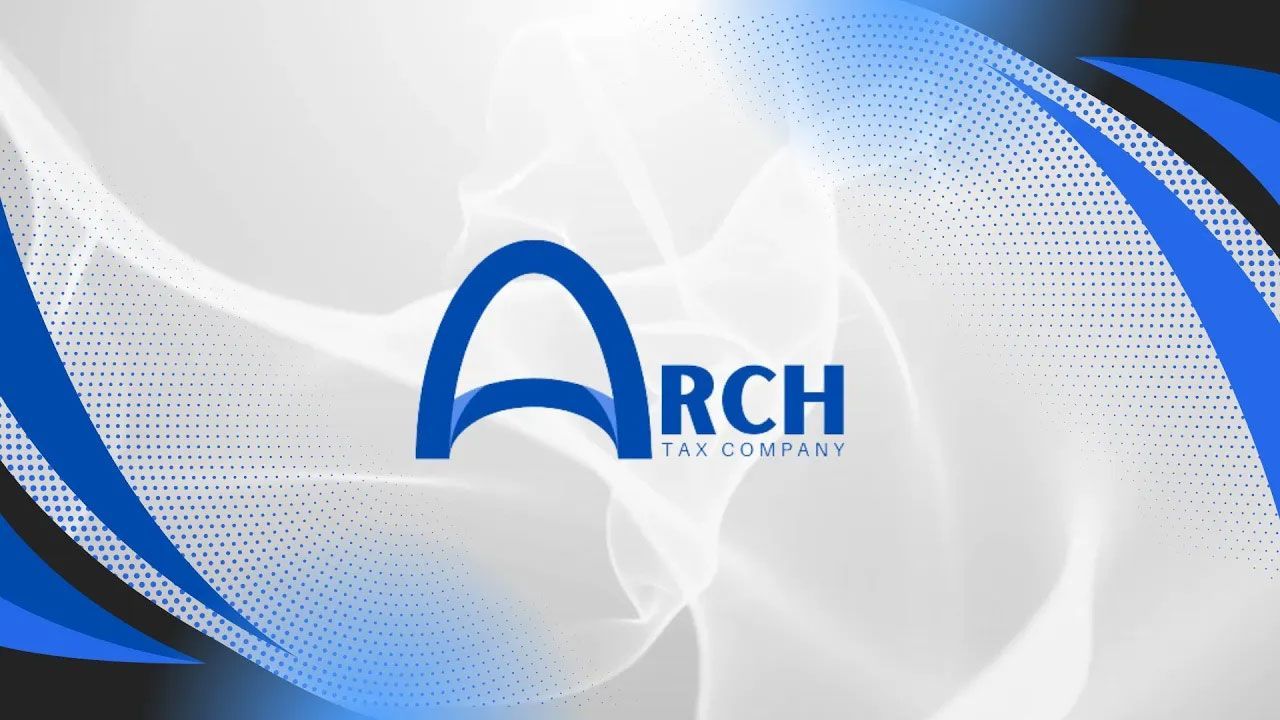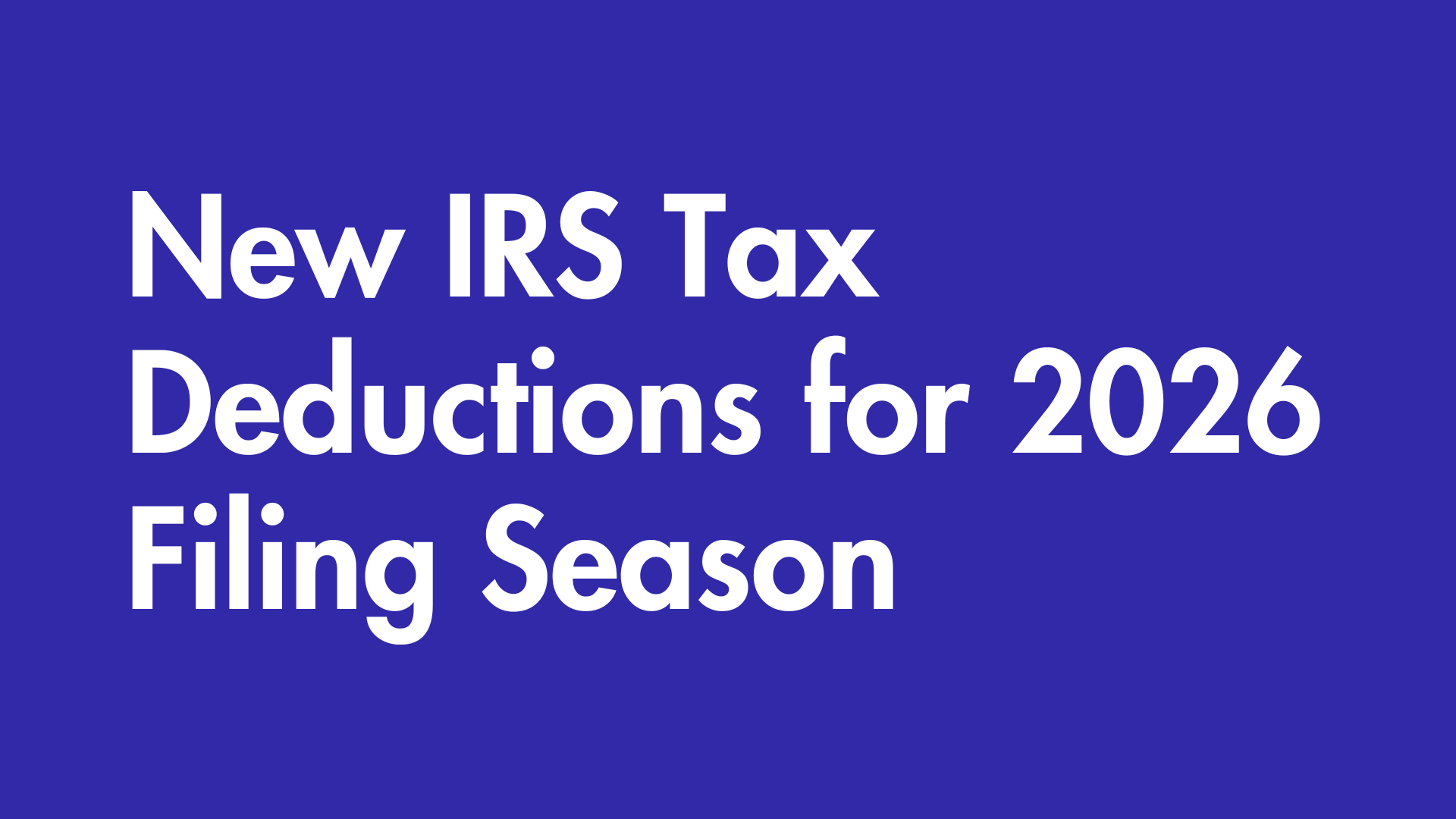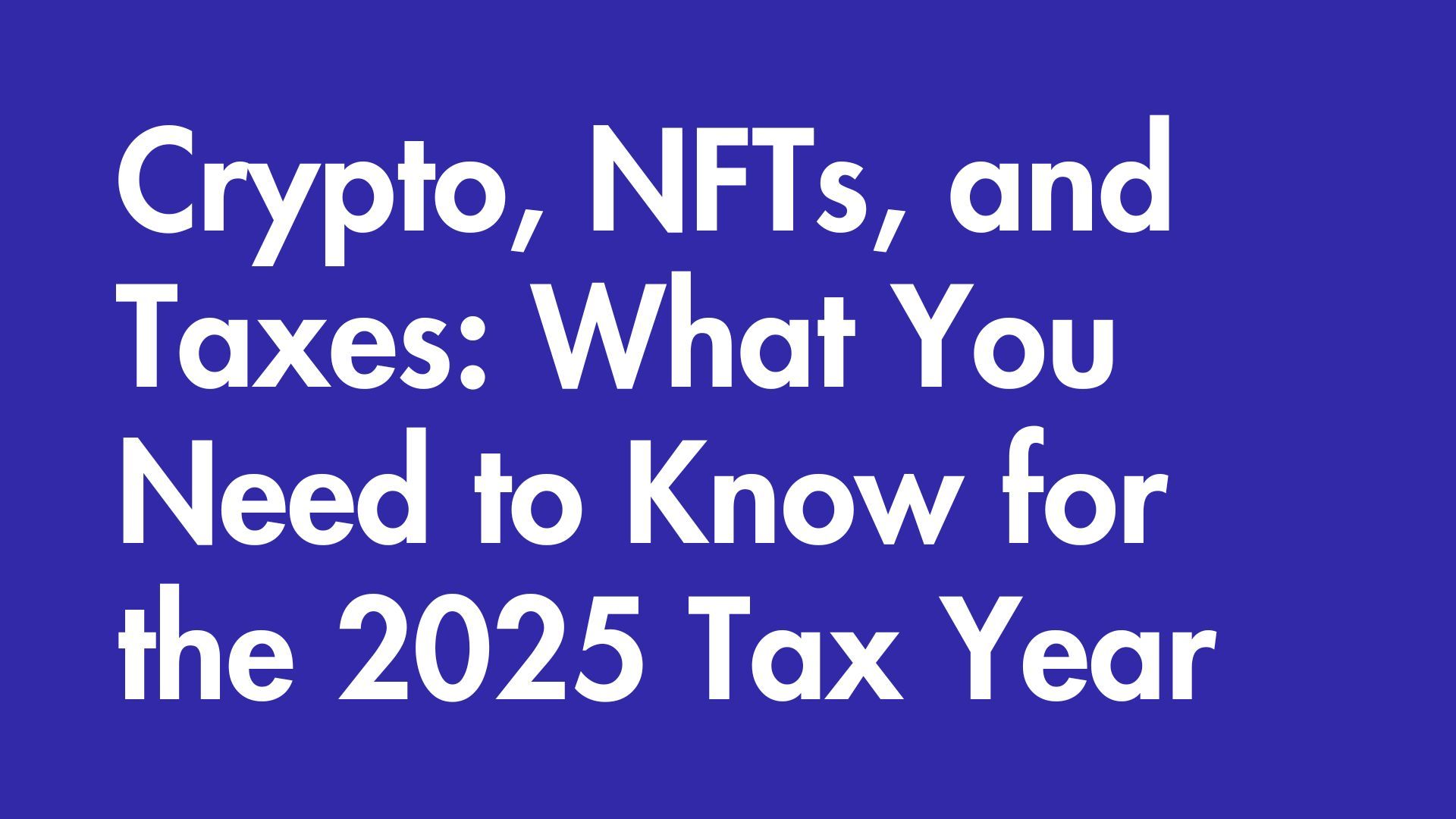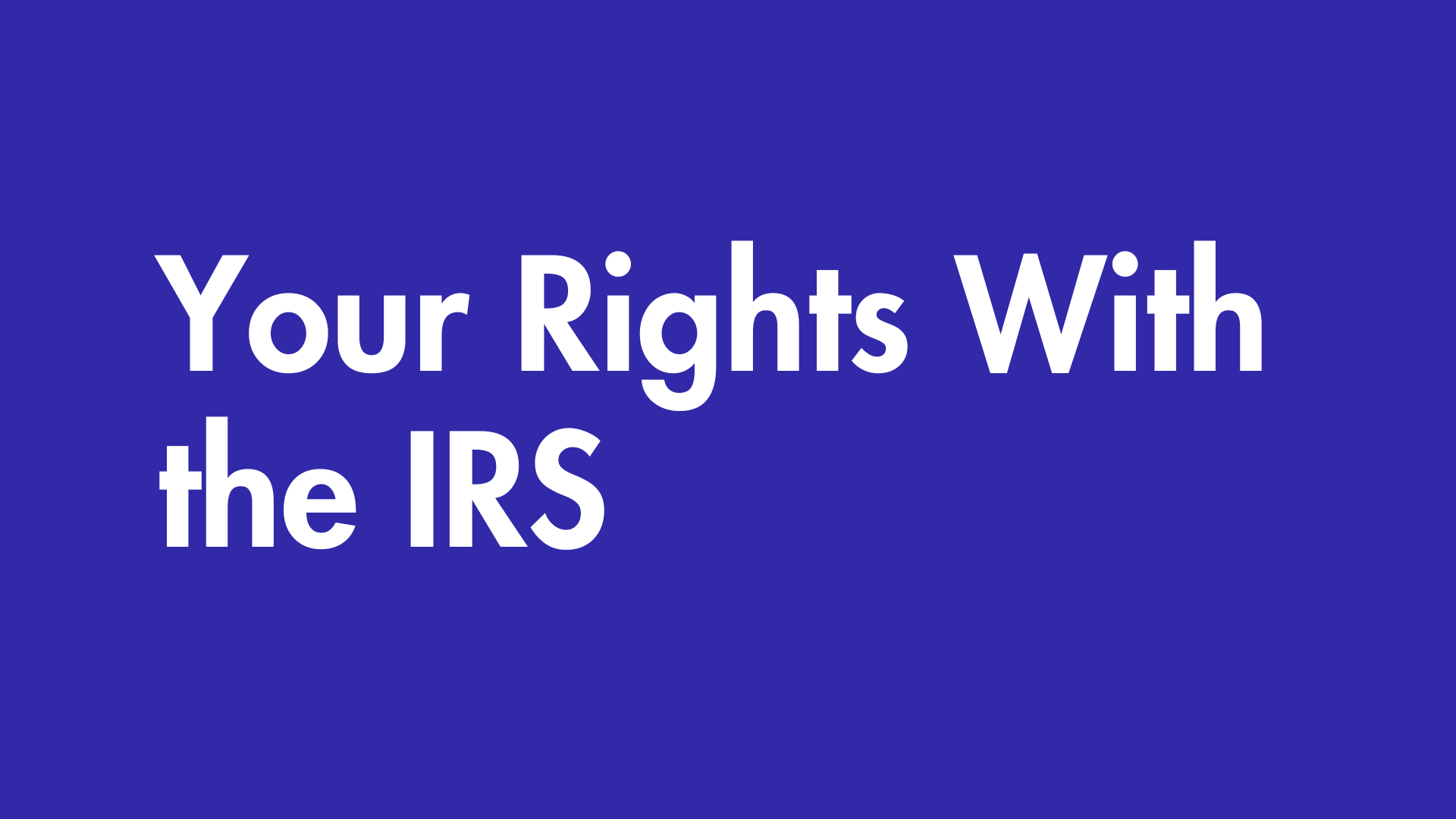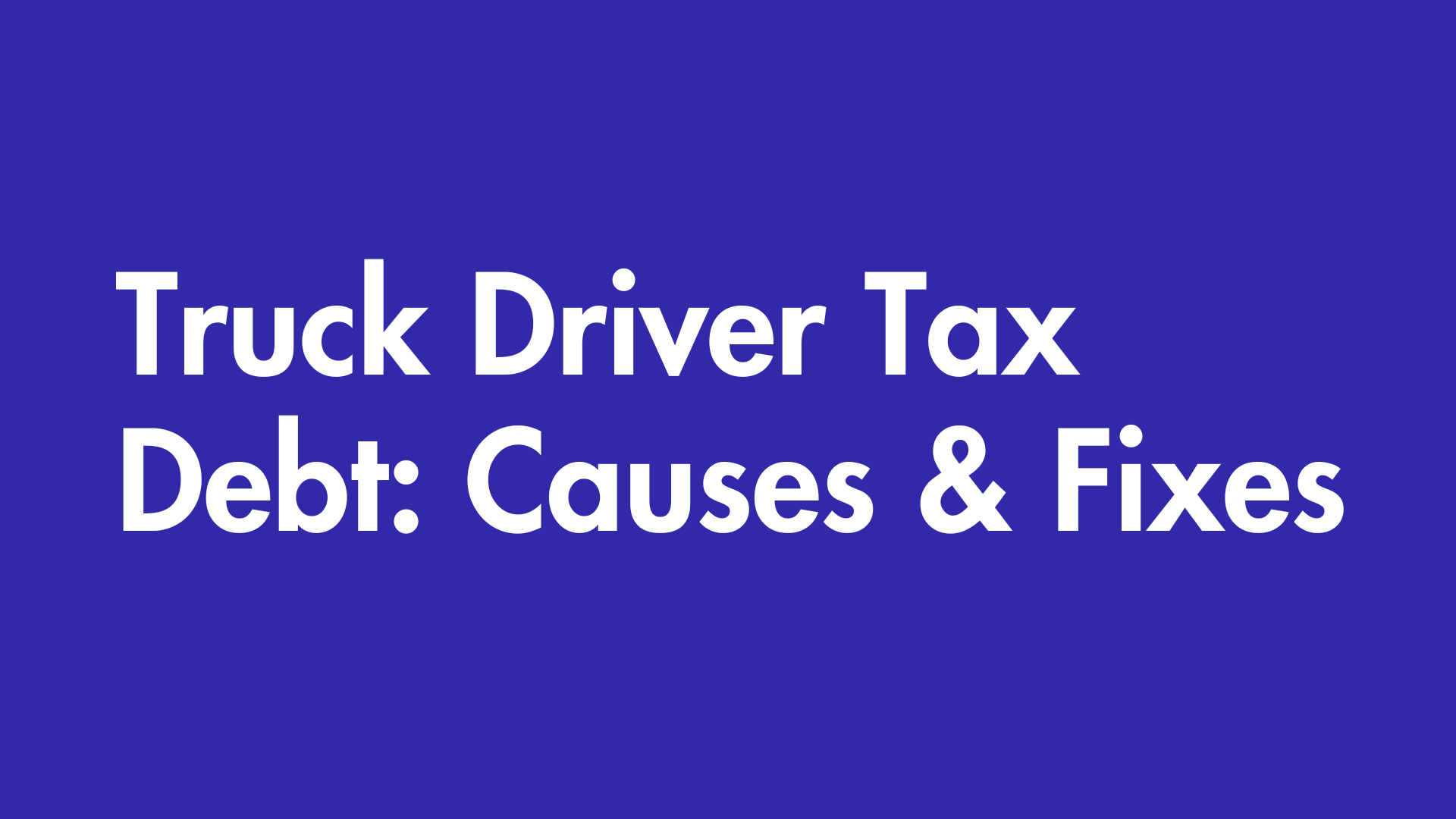Unlock Easy Access to the IRS with an ID.me Account
What is an ID.me Account?
Why You Need an ID.me Account
Having an ID.me account gives you access to a wide range of services and benefits, including:
- Access to IRS Account Information
With an ID.me account, you can securely access your IRS account to view balances, payments, and notices. This means you no longer have to wait for mailed statements or call the IRS to check your status. - Retrieve IRS Transcripts
Need a record of your past tax returns? With ID.me, you can quickly download your IRS transcripts directly from the IRS website. - Make IRS Payments
You can securely make payments toward your tax balance through your IRS account with ID.me. - Obtain Your IRS Identity Protection PIN (IP PIN)
An IP PIN helps protect you from identity theft by adding an extra layer of security when filing your tax return. You can request and manage your IP PIN through your ID.me account. - Access to Other Government Services
An ID.me account isn’t just for the IRS. You can use the same login to access your Social Security account, Veterans Affairs benefits, and even some state government services.
How ID.me Protects Your Identity
Identity theft is on the rise, and the IRS has increased its security measures to protect taxpayers. ID.me helps prevent fraud by verifying your identity through strict security protocols, including:
- Multi-factor authentication (such as text message verification)
- Facial recognition or video verification
- Secure document uploads (like your driver’s license or passport)
Once your identity is verified, your account is protected with advanced encryption and security features to prevent unauthorized access.
Watch Our Video on ID.me
For a more detailed overview of how an ID.me account works and why you should consider setting one up, check out our video below:
How to Get Started with ID.me
Setting up an ID.me account is straightforward. You’ll need to provide:
- A valid email address
- A government-issued ID (such as a passport or driver’s license)
- A selfie or video verification
- Your Social Security number (for IRS-related services)
Once your identity is verified, you can start using your ID.me account to manage your IRS information and other government services immediately.
Final Thoughts
An ID.me account makes it easier than ever to access your IRS account and protect your identity. If you’re tired of waiting on hold with the IRS or dealing with complicated login systems, setting up an ID.me account is a smart and secure solution.
For more information on ID.me or tax-related questions, feel free to contact us directly. We’re here to help!
Interested in setting up an ID.me account?
Visit https://www.id.me/government for more details.

